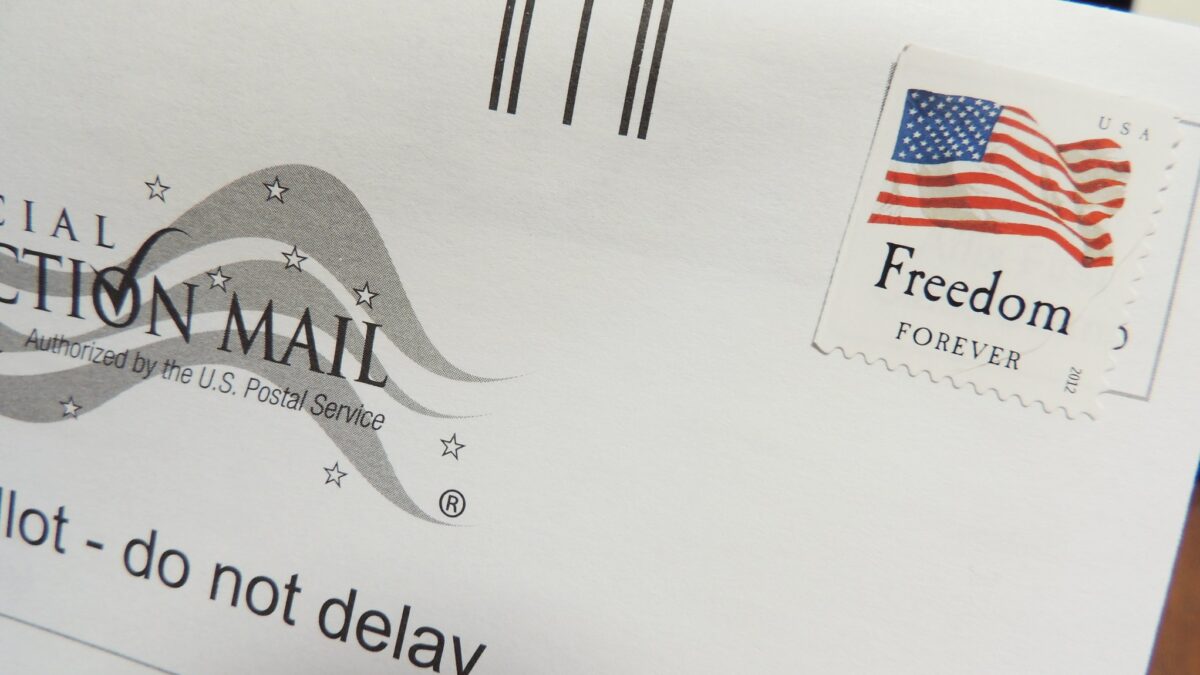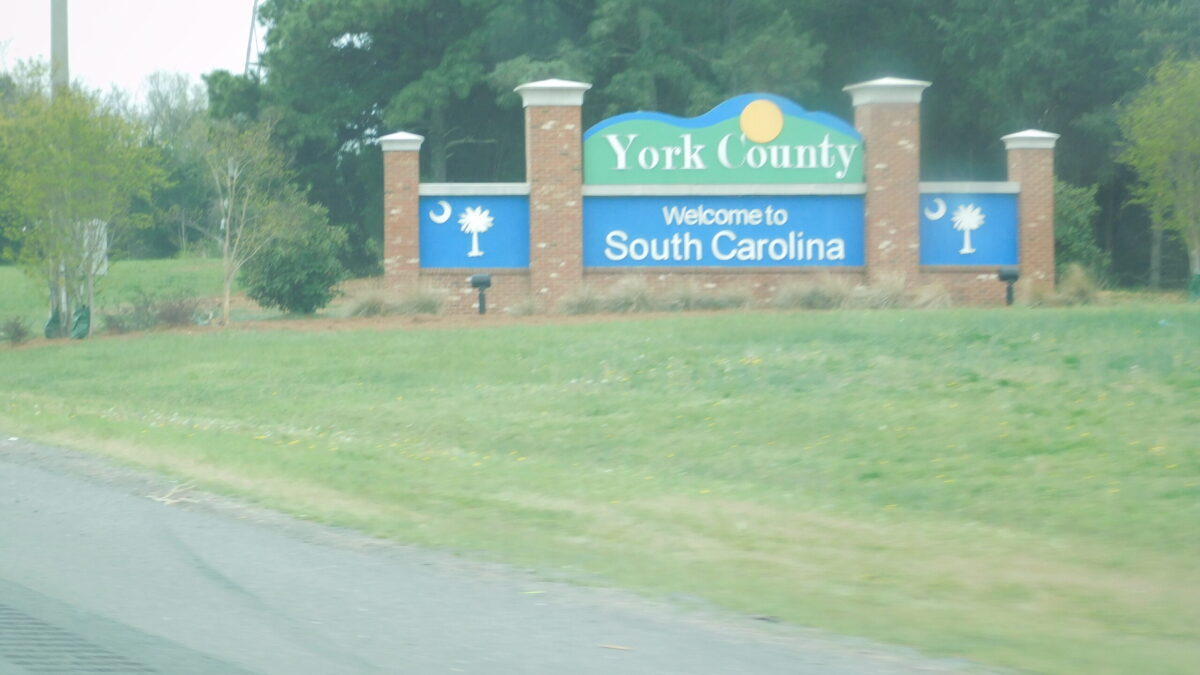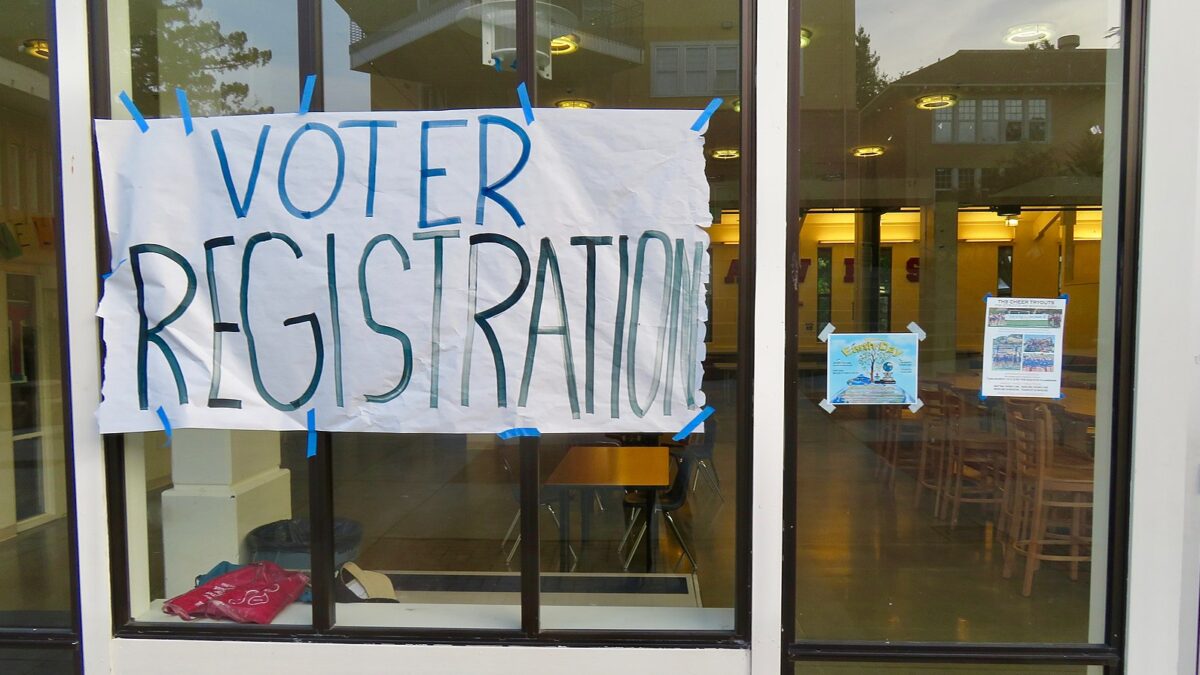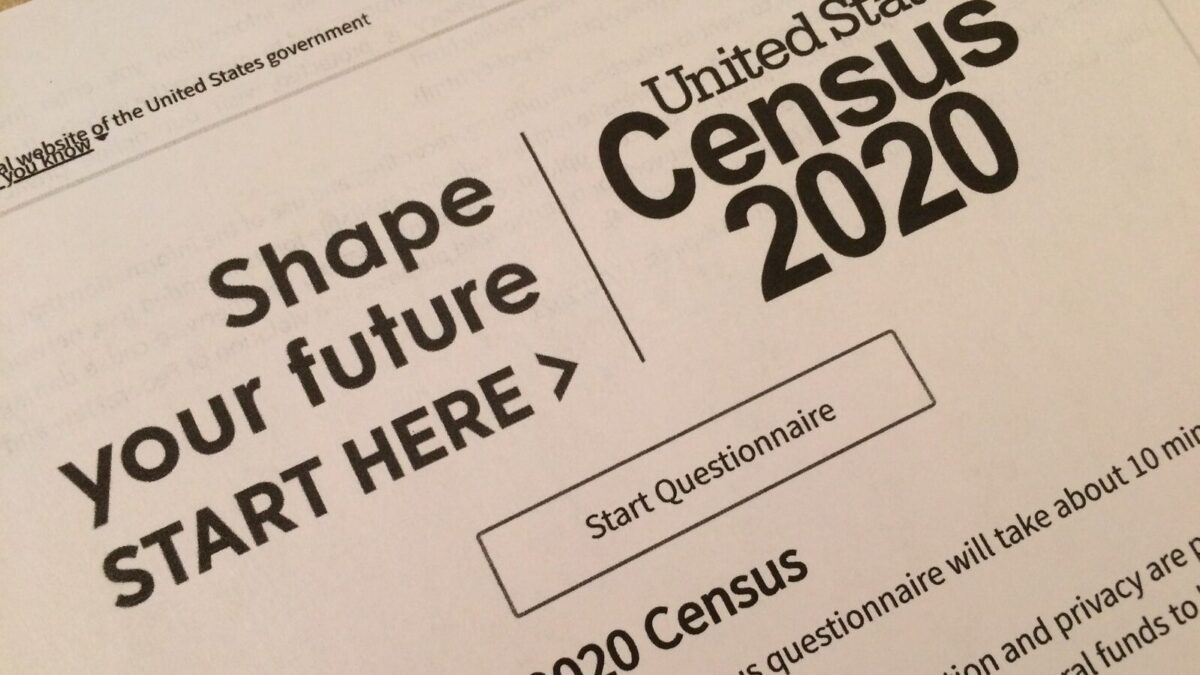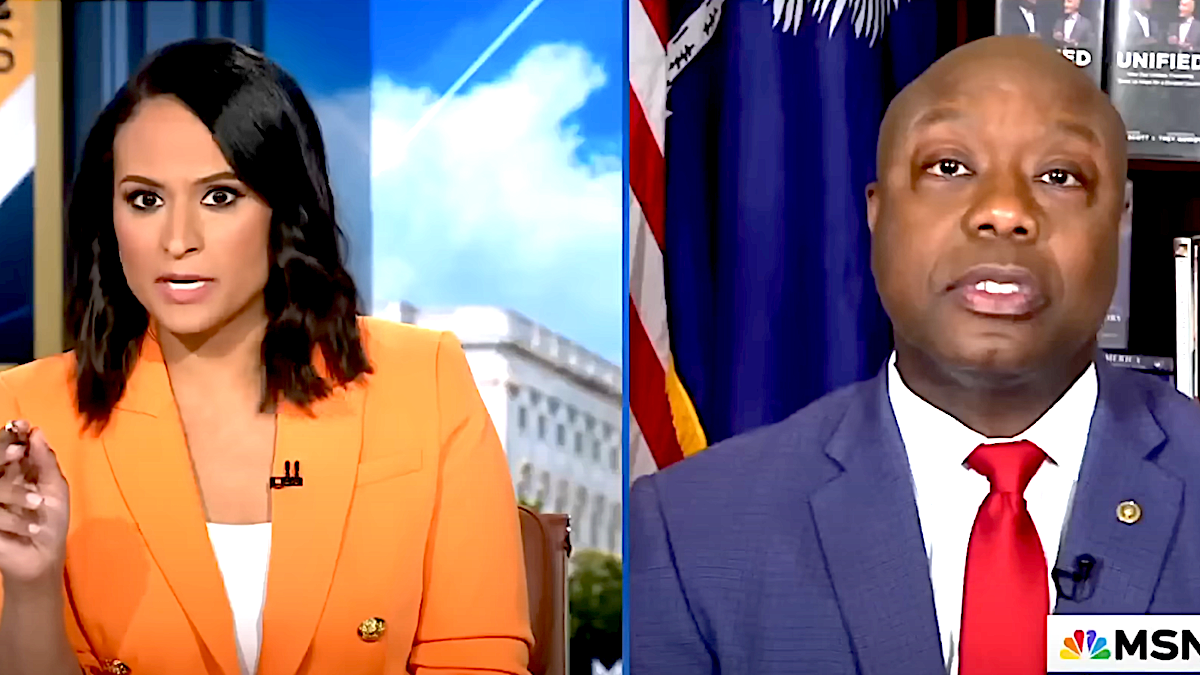
A conservative legal group identified grave markers for various deceased Michigan residents still listed on the state’s voter rolls, video footage provided to The Federalist shows.
Published by the Public Interest Legal Foundation (PILF), the mini-documentary shines a light on the inclusion of long-deceased Michigan residents as active voters on the state’s voter registration lists. As shown in the video, some of these individuals have remained on the lists despite dying decades prior.
One of these former residents is a woman named Mamie Jones, whose voter file listed a birth year of 1823 — 14 years before Michigan became a state. According to the records reviewed by PILF, Jones was registered to vote as recently as 2008.
Another former resident highlighted in the video is Pauline Schmainda, who died in 1990 and is still listed on Michigan’s voter rolls. “There have been 16 federal elections since Pauline passed away,” said PILF Communications Director Lauren Bis, who visited Schmainda’s grave marker.
Michigan’s voter rolls are so mismanaged that PILF identified generations of residents who are still listed as active electors. Despite having been dead for decades, Theresa Domasiewicz and her son, Thomas, both remain listed on Michigan’s voter registration lists, according to PILF. The former has been dead for so long that her grave marker has sunken into the ground.
“Over 17,000 of the registrants on the Public Interest Legal Foundation’s list passed away over a decade ago,” according to Bis.
PILF’s bid to ensure accuracy within Michigan’s voter rolls began in 2020 when the legal group notified Democrat Secretary of State Jocelyn Benson about dead registrants remaining on the state’s voter registration lists. As Victoria Marshall previously wrote in these pages, Benson “did nothing about it.”
This prompted PILF to file a lawsuit against Benson in November 2021 for her failure to remove roughly 26,000 deceased registrants from the state’s rolls, which the group argued constituted a violation of the National Voter Registration Act of 1993. That law requires state officials to make “a reasonable effort to remove the names of ineligible voters from the official lists of eligible voters.”
Despite a federal judge denying her attempt to dismiss the suit in August 2022, Benson has continued to fight PILF’s efforts in court.
Speaking with The Federalist, PILF President J. Christian Adams noted how Benson’s refusal to clean up Michigan’s voter rolls stems from a view that dead and ineligible residents will be naturally removed from the lists over time, and therefore, there’s no need to take aggressive action.
“She has the attitude that these people would have eventually been cleaned up if we just waited long enough through the regular inactive process,” Adams said. “Of course, the proof is in the pudding because [some of these dead registrants haven’t voted] for two decades. So much for that excuse.”
Michigan is not the only state where PILF is seeking to bring transparency to the elections process. In March 2022, a federal district court sided with PILF by ordering Pennsylvania to forfeit records regarding a “glitch” within the commonwealth’s Department of Transportation that allowed noncitizens to register to vote in the state for decades. In his opinion, Judge Christopher Conner ruled that under the NVRA, PILF is entitled access to documents detailing the severity of the problem and actions taken by the commonwealth to address the errors in the state’s voting files.
The state has since appealed the decision to the 3rd Circuit Court of Appeals, according to Adams. PILF has also sought election administration data in other states such as Maine, Alaska, and Hawaii.
“The statute is crystal clear that when it comes to list maintenance records, there’s an obligation to be transparent to the public,” Adams said. PILF’s court victories “are sending a message to states who are ignoring the law that they really need to be transparent or else they’re going to lose” in court.


